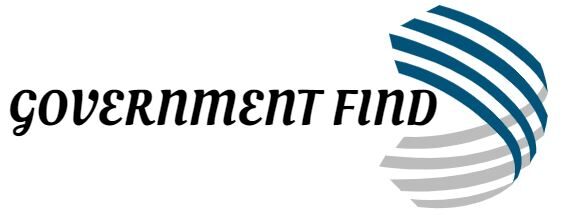
Hello there, folks! Welcome to my blog. This is Jack, your all-time government enthusiast. Today, we’re diving into the world of data governance in financial services. It’s a hot topic that affects us all, so let’s unravel the complexities and understand its significance!
The Importance of Data Governance
Data governance in financial services is integral to maintaining transparency, security, and fair practices. As a citizen, understanding how our financial data is managed by institutions is crucial. With clear data governance policies, we can ensure that our personal information and financial records are handled ethically and responsibly.
Transparency and Accountability
One key aspect of data governance is promoting transparency and accountability within financial organizations. By establishing clear guidelines on how data is collected, stored, and used, customers can have confidence that their information is being handled with the utmost care. It also holds financial institutions accountable for any misuse or breaches of data.
Moreover, transparent data governance builds trust between customers and financial service providers, fostering a healthy and ethical relationship.
Security Measures
Ensuring the security of financial data is paramount in today’s digital age. Robust data governance practices include implementing encryption, access controls, and regular security audits to safeguard sensitive information from cyber threats and unauthorized access.
With the increasing frequency of cyber-attacks, it’s imperative that financial institutions prioritize data security to protect their customers’ financial well-being and maintain the integrity of the financial system.
Challenges and Evolving Regulations
In the ever-evolving landscape of technology and finance, data governance faces ongoing challenges. Keeping pace with technological advancements, changing regulations, and the global nature of financial transactions requires continuous adaptation and improvement of data governance structures.
Regulatory Compliance
Governmental bodies and regulatory authorities play a crucial role in setting guidelines and standards for data governance in financial services. The industry must adhere to these regulations to ensure the ethical use of data and mitigate the risk of financial misconduct and fraudulent activities.
However, navigating through a myriad of regulatory requirements can be daunting for financial institutions, necessitating dedicated resources and expertise to comply with varying rules across different jurisdictions.
Technological Advancements
The rapid advancement of technology introduces complexities in data governance. As financial services increasingly rely on AI, machine learning, and big data analytics, ensuring that these technologies are used responsibly and ethically without compromising data privacy becomes a major challenge.
Your Thoughts Matter!
What are your thoughts on data governance in financial services? Do you have any personal experiences or concerns regarding the handling of your financial data? Feel free to share your insights and opinions below! Let’s keep the conversation going.
If you have any questions or suggestions, don’t hesitate to leave a comment. Your engagement is valuable to me, and I’m eager to hear from you!
